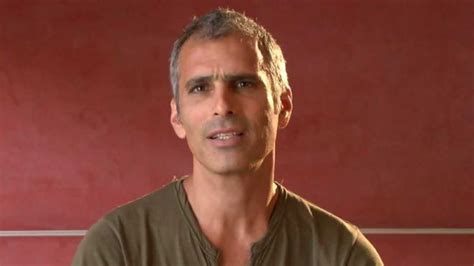A Quote by Sara Pascoe
Even quicker than the development of super-technology is the human adaptation to taking it for granted. We live in a world where regular people converse publicly with an inanimate object and escape Bedlam or a dunking.
Related Quotes
Hinduism would not be eternal were it not constantly growing and spreading, and taking in new areas of experience. Precisely because it has this power of self addition and re-adaptation, in greater degree than any other religion that the world has even seen, we believe it to be the one immortal faith.
I think, actually, that it's a really fascinating time in history because the development of modern technology and the photographs the satellites were taking from space were mapping the earth in a new way, making us feel like the globe we inhabit is much smaller than previously conceived of, in the human mind.
Information wants to be free.' So goes the saying. Stewart Brand, the founder of the Whole Earth Catalog, seems to have said it first.I say that information doesn't deserve to be free.Cybernetic totalists love to think of the stuff as if it were alive and had its own ideas and ambitions. But what if information is inanimate? What if it's even less than inanimate, a mere artifact of human thought? What if only humans are real, and information is not?...Information is alienated experience.
Inanimate objects can be classified scientifically into three major categories: those that don't work, those that break down and those that get lost. The goal of all inanimate objects is to resist man and ultimately to defeat him, and the three major classifications are based on the method each object uses to achieve its purpose. As a general rule, any object capable of breaking down at the moment when it is most needed will do so.


































